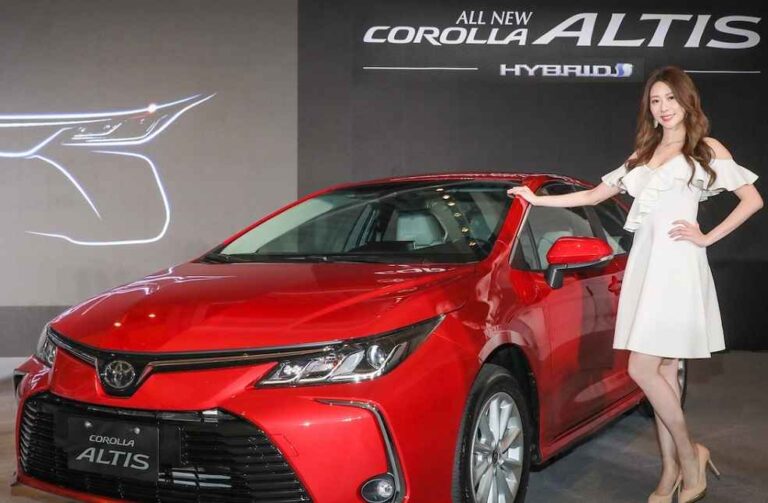Singapore’s escalating COE prices have hit a new record, causing significant distress among the middle class, who find the prospect of owning a car increasingly elusive. The average cost of a permit to buy a car, known as a Certificate of Entitlement (COE), has skyrocketed to an unprecedented US$75,000, making the dream of owning a car a distant reality for many.
The skyrocketing COE prices, in addition to the cost of the car itself, have left many middle-class families grappling with a sense of disillusionment. One such individual, Singaporean civil servant Lee Jun Hao, had been meticulously tracking COE prices for two years. “Owning a car in a well-connected city like Singapore is a luxury. But with inflation soaring and the cost of living, especially car prices, getting steeper, it seems unattainable,” Lee laments.
In Singapore, a COE is a necessity for any motorist or dealer aspiring to own a vehicle. This system, implemented in 1990, was designed to regulate the number of vehicles on the road. COE prices now stand at more than triple the cost from just three years ago.
The escalating COE prices are not only making car ownership unfeasible for the middle class but are also inciting a new level of disparity among citizens. “The last car I owned was a Mercedes, but with the same budget now, I can only afford an eight-year-old Toyota Corolla,” bemoaned Dylan Tan, a hotel sales director.
Last year, a study by Swiss private bank Julius Baer named Singapore as the most expensive place in the world to own a car. In response, the Singapore government has been promoting a “car-lite” society, encouraging public transport and cycling.
Transport Minister S Iswaran acknowledges the issue, attributing rising COE prices to increased demand amid a finite supply, especially as the economy recovers post-Covid. However, the impact of the soaring prices extends beyond the financial. It feeds into a widening debate on inequality and fairness in resource allocation, says transport economist Walter Theseira.
As the COE prices continue their upward trend, Singapore’s robust public transport network offers some solace. Still, the escalating cost of car ownership is a stark reminder of the growing socio-economic disparities in this prosperous city-state. As Felix Tan, a political analyst at Singapore’s Nanyang Technological University, puts it, “Car ownership is no longer seen as a necessity given our efficient public transport system. Yet, for families desiring a personal means of transport, these soaring costs are a major deterrent.”
TRENDING: VW Amarok Achieves 5-Star ANCAP Rating





